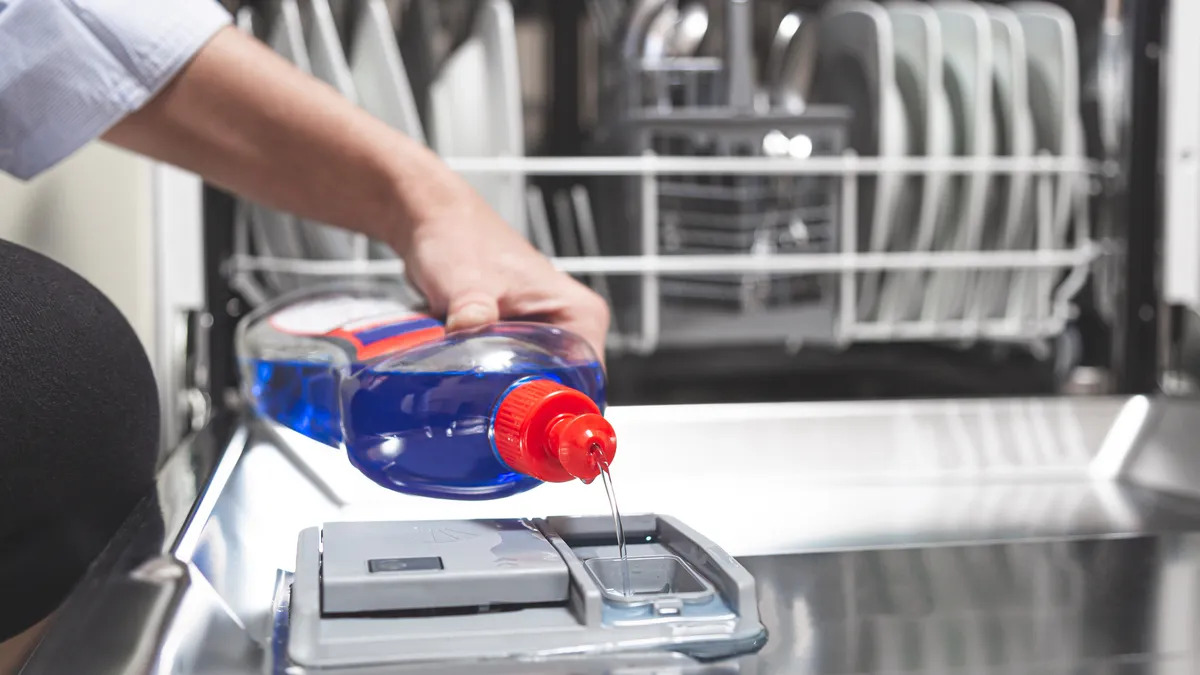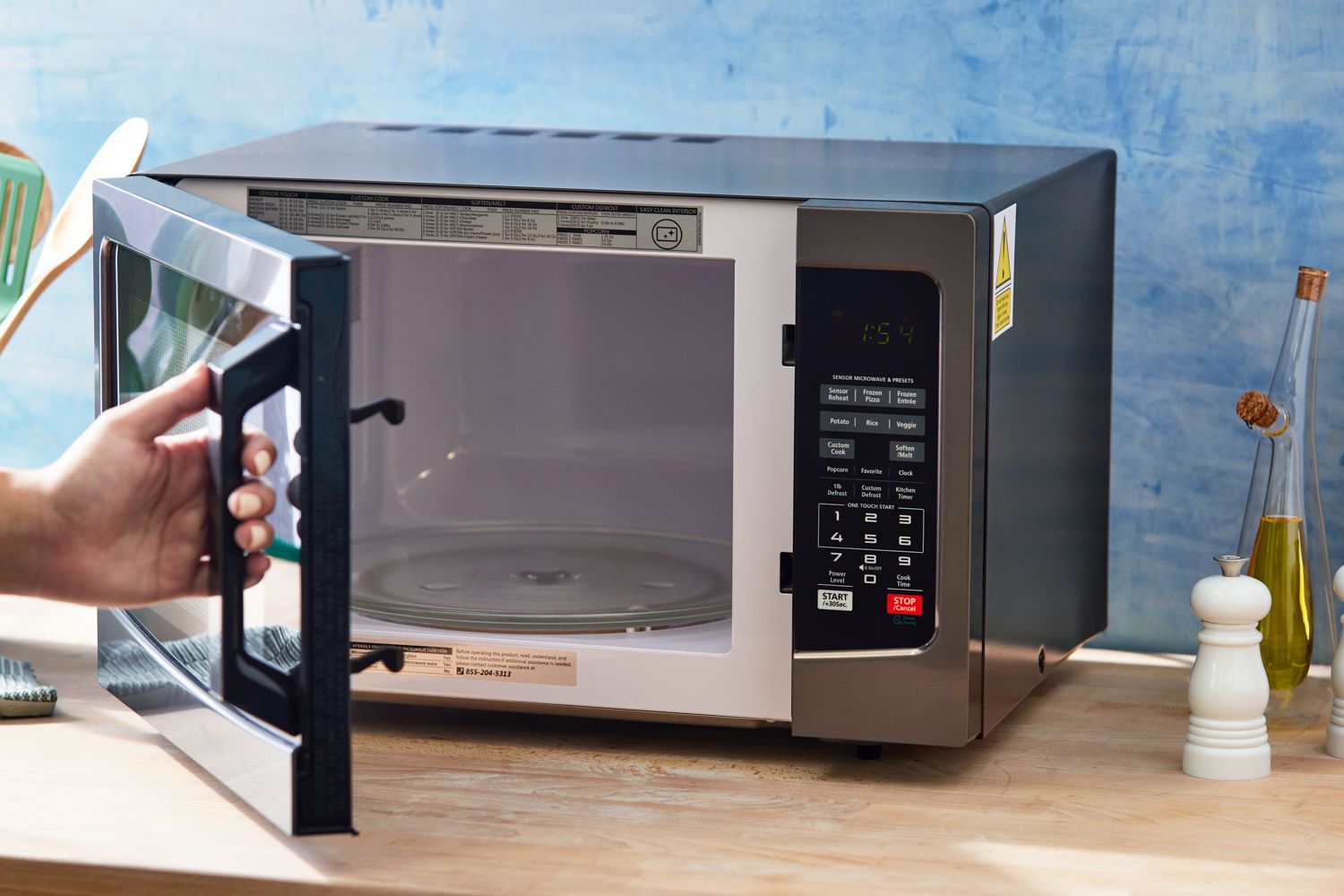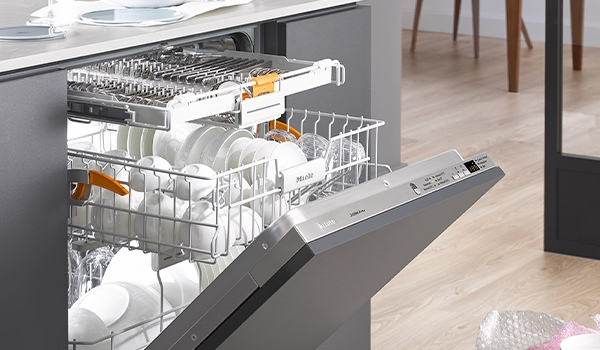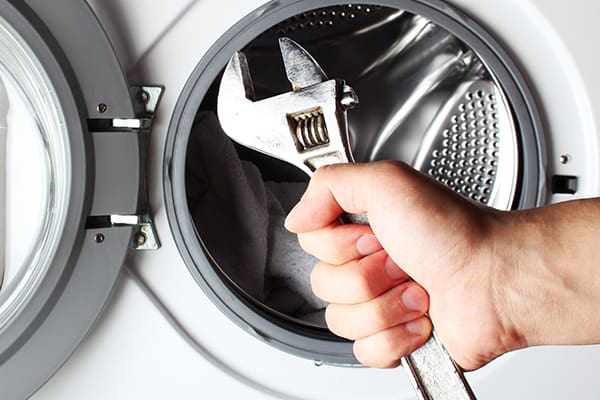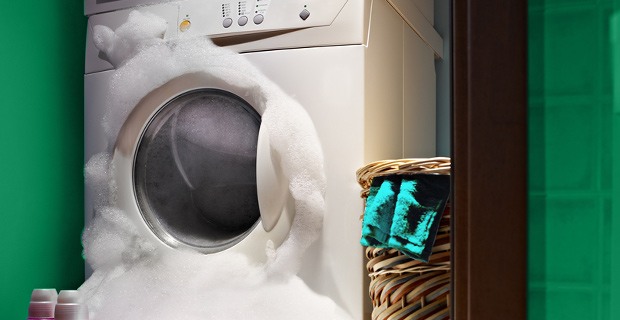Maximizing Dishwasher Efficiency and Longevity
Maximizing Dishwasher Efficiency and Longevity
A well-maintained dishwasher can save time, energy, and money while providing sparkling clean dishes. To ensure your dishwasher operates efficiently and lasts for years, it's essential to follow a few simple maintenance tips. Here, we'll provide practical advice on loading practices, detergent choices, and routine checks to keep your dishwasher in top shape.
Loading Practices
Proper loading of your dishwasher can significantly impact its performance. Here are some detailed tips to help you load your dishwasher effectively:
- Avoid Overloading
- Placement of Large Items
- Positioning Dishes
- Avoid Nesting Utensils
- Use the Top Rack for Delicate Items
- Secure Lightweight Items
- Utilize Adjustable Racks
- Check for Blockages
Avoid Overloading: Overloading the dishwasher can block the spray arms, preventing water from reaching all the dishes. This can lead to inadequate cleaning and increase the need for re-washing, wasting water and energy. Make sure there is enough space between each item for water and detergent to circulate freely.
Placement of Large Items: Place larger items like pots, pans, and baking sheets on the sides or back of the bottom rack. This allows smaller items to be cleaned thoroughly in the middle. Ensure that these large items do not block the detergent dispenser or the spray arms.
Positioning Dishes: Position dishes with the dirty side facing the spray arms. Plates and bowls should be angled downward to allow water to reach the dirtiest parts and to ensure proper drainage.
Avoid Nesting Utensils: Nesting utensils together can prevent water and detergent from reaching all surfaces. Place utensils in the utensil basket with handles down (except for sharp knives, which should be handles up for safety) and avoid placing spoons and forks in the same compartment to prevent them from sticking together.
Use the Top Rack for Delicate Items: The top rack is designed for glasses, cups, and smaller items. Make sure that glassware is securely placed to avoid breaking and that they do not touch each other.
Secure Lightweight Items: Lightweight plastic items can be flipped around by the force of the water jets. Secure them in place or use a top rack designed to hold them securely.
Utilize Adjustable Racks: Many dishwashers have adjustable racks that can be moved to accommodate larger items. Take advantage of this feature to create more space for awkwardly shaped dishes.
Check for Blockages: Before starting the dishwasher, spin the spray arms by hand to ensure they can rotate freely and are not obstructed by dishes or utensils.
Detergent Choices
Choosing the right detergent is crucial for maintaining your dishwasher's efficiency. Here are some detailed tips on detergent use:
- Use Dishwasher-Specific Detergents
- High-Quality Detergents
- Appropriate Amount of Detergent
- Rinse Aid
- Avoid Overusing Detergent
- Eco-Friendly Options
Use Dishwasher-Specific Detergents: Regular dish soap creates excess suds that can damage the dishwasher and reduce cleaning efficiency. Use detergents specifically formulated for dishwashers, available in powder, gel, or pod forms.
High-Quality Detergents: Invest in a high-quality detergent that is effective in your water type, whether hard or soft. Hard water can leave mineral deposits and reduce cleaning efficiency, so consider a detergent with water softening agents if you have hard water.
Appropriate Amount of Detergent: Follow the manufacturer's instructions on the correct amount of detergent to use. Using too much detergent can lead to residue buildup on dishes and inside the dishwasher, while using too little can result in poor cleaning performance.
Rinse Aid: Rinse aid helps improve drying performance and prevents water spots on dishes. It works by reducing the surface tension of water, allowing it to drain off more easily. Most dishwashers have a built-in dispenser for rinse aid; fill it regularly for best results.
Avoid Overusing Detergent: Excessive detergent use can lead to buildup and reduce the dishwasher's effectiveness. Stick to the recommended amount and consider using less if you notice residue on your dishes.
Eco-Friendly Options: Consider using eco-friendly detergents that are biodegradable and free from harmful chemicals. These options are better for the environment and can be just as effective as traditional detergents.
Routine Checks and Maintenance
Regular maintenance is essential for keeping your dishwasher running smoothly. Here are some detailed tips for routine maintenance:
- Clean the Filter Regularly
- Inspect and Clean Spray Arms
- Wipe Down the Door Gasket
- Run an Empty Cycle with Dishwasher Cleaner
- Check the Hoses and Connections
- Clean the Drain
- Descale the Dishwasher
- Inspect the Float Switch
- Test the Heating Element
Clean the Filter Regularly: The filter traps food particles and debris, preventing them from recirculating onto your dishes. A clogged filter can reduce cleaning efficiency and cause odors. Remove the filter according to the manufacturer's instructions and rinse it under warm water to remove any trapped particles.
Inspect and Clean Spray Arms: The spray arms can become clogged with food particles and mineral deposits, affecting their ability to spray water effectively. Remove the spray arms and clean the holes with a small brush or toothpick to ensure they are free from blockages.
Wipe Down the Door Gasket: The door gasket seals the dishwasher door and prevents leaks. Over time, it can accumulate food particles and debris. Wipe it down with a damp cloth to keep it clean and ensure a proper seal.
Run an Empty Cycle with Dishwasher Cleaner: Periodically running an empty cycle with a dishwasher cleaner helps remove mineral deposits, grease, and odors from the interior. Follow the manufacturer's instructions for the cleaner to ensure proper use.
Check the Hoses and Connections: Inspect the hoses and connections for any signs of leaks or wear. Replace any damaged hoses to prevent water damage and ensure the dishwasher operates efficiently.
Clean the Drain: A clogged drain can cause water to back up into the dishwasher, reducing its efficiency. Remove any debris from the drain area and ensure it is free from blockages.
Descale the Dishwasher: If you live in an area with hard water, descaling the dishwasher periodically is essential to prevent mineral buildup. Use a descaling solution or vinegar to remove lime scale and keep your dishwasher running smoothly.
Inspect the Float Switch: The float switch prevents the dishwasher from overfilling with water. Ensure it moves freely and is not obstructed by debris.
Test the Heating Element: The heating element is responsible for drying dishes and heating the water. Ensure it is functioning correctly by running a cycle and checking if the dishes are warm and dry at the end.
Additional Tips for Efficient Operation
Beyond loading practices, detergent choices, and routine checks, here are some additional tips to maximize your dishwasher's efficiency:
- Use the Right Cycle
- Run Full Loads
- Pre-Rinse Only When Necessary
- Use Energy-Saving Features
- Maintain Optimal Water Temperature
- Regularly Inspect and Replace Seals and Gaskets
- Monitor Dishwasher Performance
Use the Right Cycle: Select the appropriate cycle for the load. Heavier soiled dishes may require a longer, hotter cycle, while lightly soiled dishes can be cleaned effectively with a shorter, eco-friendly cycle.
Run Full Loads: Running the dishwasher with a full load maximizes water and energy efficiency. Avoid running half-loads whenever possible.
Pre-Rinse Only When Necessary: Modern dishwashers and detergents are designed to handle dirty dishes without the need for pre-rinsing. Scrape off large food particles, but avoid rinsing dishes completely to save water and energy.
Use Energy-Saving Features: Many dishwashers come with energy-saving features such as delay start, which allows you to run the dishwasher during off-peak hours. Utilize these features to reduce energy consumption.
Maintain Optimal Water Temperature: Ensure your water heater is set to the optimal temperature, usually around 120°F (49°C). Water that is too hot can cause mineral buildup, while water that is too cold can reduce cleaning efficiency.
Regularly Inspect and Replace Seals and Gaskets: Over time, seals and gaskets can wear out and cause leaks. Regularly inspect these components and replace them as needed to maintain a watertight seal.
Monitor Dishwasher Performance: Pay attention to the performance of your dishwasher. If you notice any changes in cleaning efficiency, unusual noises, or leaks, address the issue promptly to prevent further damage.
Conclusion
Implementing these dishwasher maintenance tips can help you maximize efficiency and longevity. Proper loading practices ensure that your dishes are cleaned thoroughly without straining the machine. Choosing the right detergent and using it correctly enhances cleaning performance and prevents buildup. Regular maintenance checks keep your dishwasher in good working order and prevent costly repairs. By taking these simple steps, you can enjoy the convenience of a reliable dishwasher for many years to come. Keep these tips in mind, and your dishwasher will continue to provide excellent results and efficient operation, much like how strategic planning ensures smooth operations and success in any business venture.


